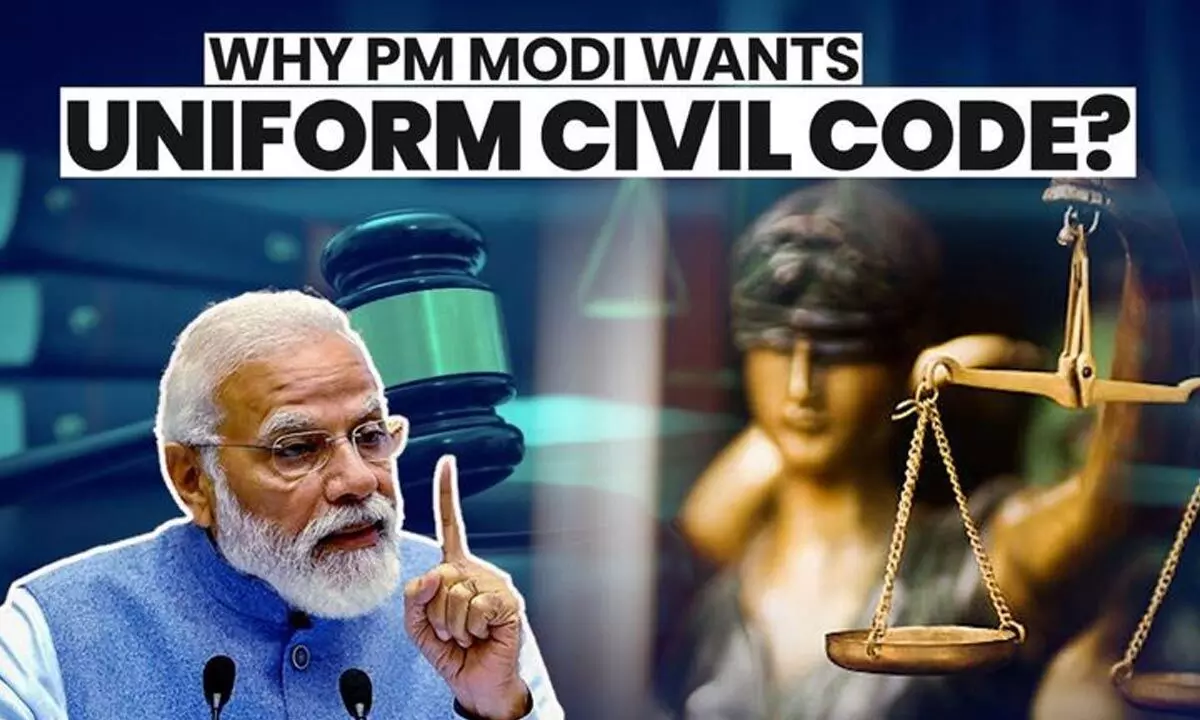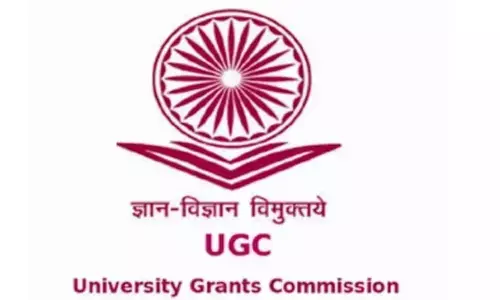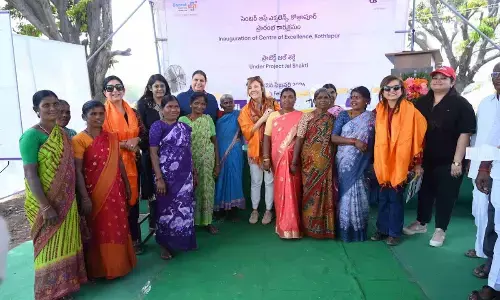India needs UCC

PM Modi's advocacy for a secular civil code in the country could potentially harden stances and raise objections such as "majoritarianism" and "anti-secularism." Secularism, a solution to ensure harmony, seems to be failing despite being a consistent political policy since independence.
PM Modi's advocacy for a secular civil code in the country could potentially harden stances and raise objections such as "majoritarianism" and "anti-secularism." Secularism, a solution to ensure harmony, seems to be failing despite being a consistent political policy since independence. Why? The separation of the public “social” sphere from the private “religious” sphere was a direct import of European intra-Christian ideas battling their religious issues. It was hardly a universal model that could be applied to all cultures across all time periods. .
After independence, India became a peculiar liberal democracy with uniform criminal but not civil laws. The Indian state thus recognises both individuals and communities as bearers of rights. The criminal law recognises only individuals, whereas the civil law recognises most minority communities as distinct legal subjects. The summary of the arguments against a Uniform Civil Code is that India is not a homogenous country, and, therefore, legislative uniformity in personal and family matters cannot be at the expense of diversity, as it obliterates the differences.
However, this argument has multiple fallacies: 1) The argument that UCC obliterates differences logically leads to different Constitutions that cater to the significant regional differences in not only religions but also languages, cultures, and customs; and 2) Despite the heterogeneity of Hindu society, a forcibly uniform set of personal laws is enforced for all Hindus. This again leads to the logic of repealing many Hindu-related Acts, allowing various segments of Hindu society to follow their own customary personal laws.
The country needs the UCC, which addresses marriage, divorce, inheritance, succession, adoption, maintenance, guardianship, and other family and personal matters, but it should be implemented gradually. The most important issues, which may be against constitutional principles, include a uniform age of consent for marriage and the banning of polygamy.
It would be tremendous if Muslim intellectuals, without bowing to the pressure of the clergy, engaged in larger debates. The Uniform Civil Code is not an attack on the country's Muslim brethren, but they should be willing to seek pro-active reforms for the greater good of the nation.
– Dr Pingali Gopal, Hanamkonda











